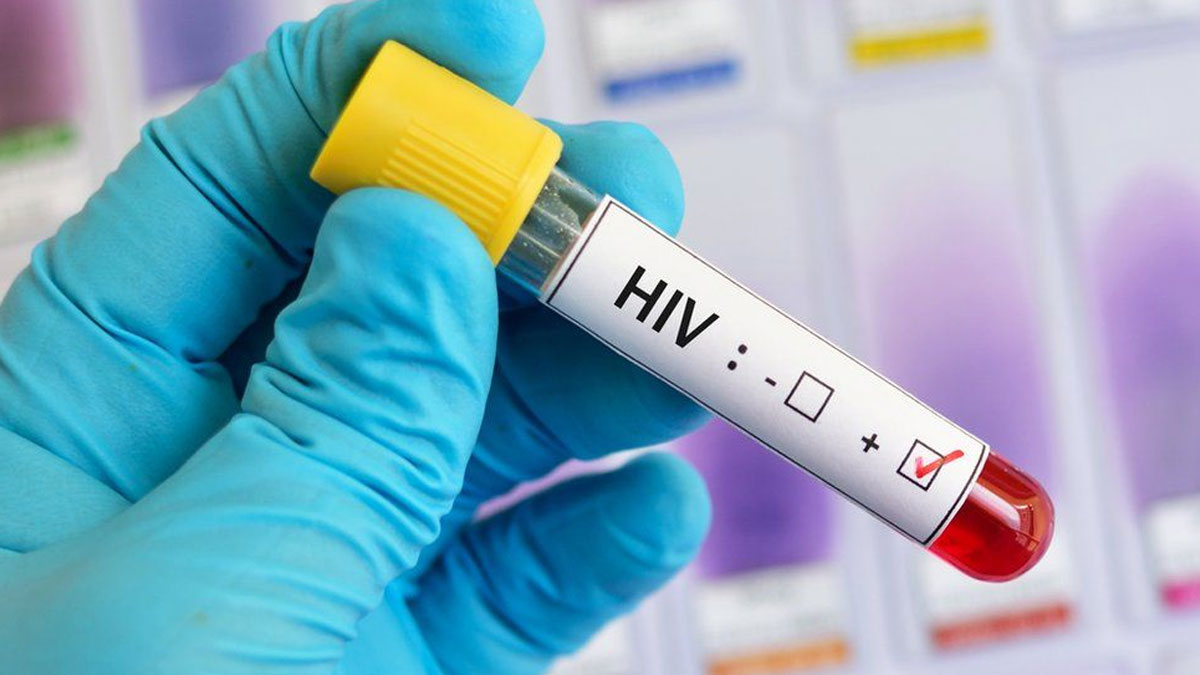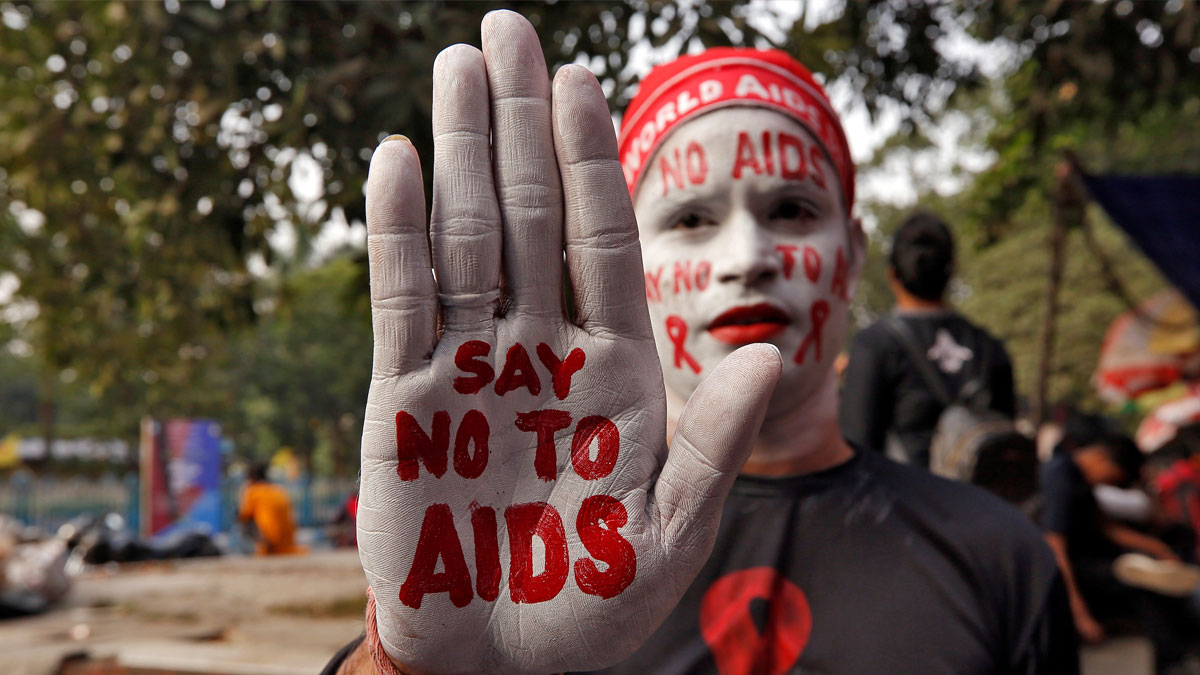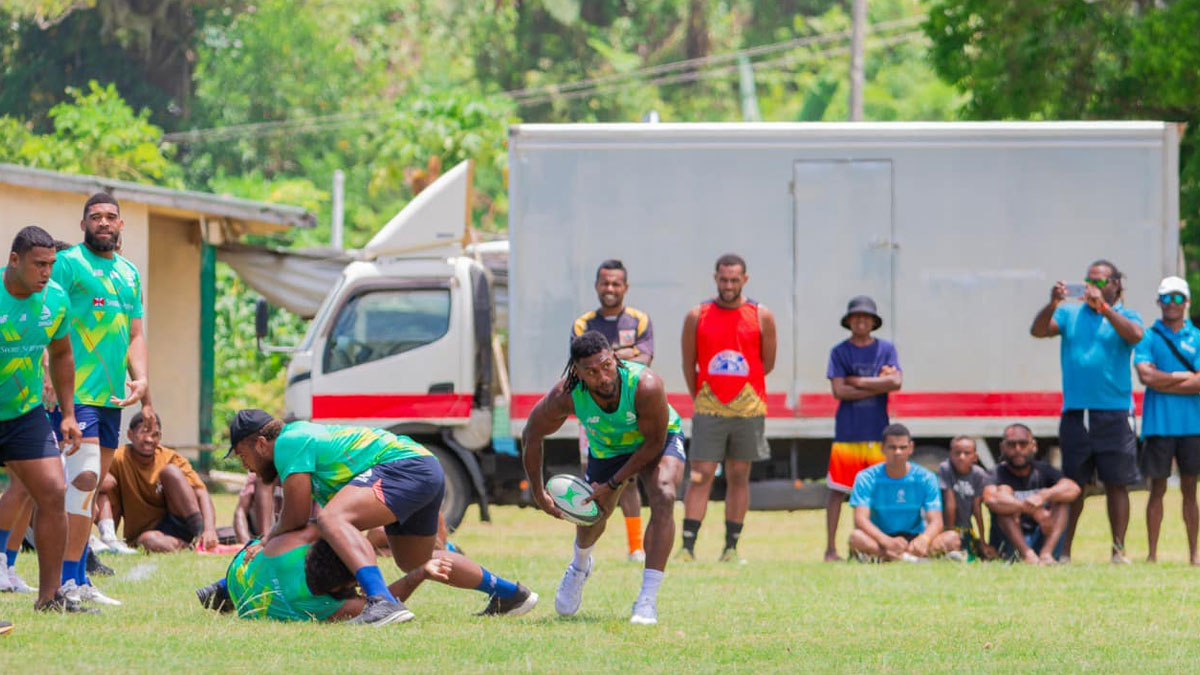
Fiji has increased its estimated new HIV/AIDS infections by 129 percent over the last decade from 2010 to 2021, putting it in a pool of 38 countries with alarming climbing infection rates, according to a newly released global report.
UNAIDS Pacific Country Director, Renata Ram says the data shows that AIDS remains an unfinished agenda in Fiji.
She says if we are not making rapid progress then we are losing ground, as the AIDS pandemic thrives amidst COVID-19, mass displacement, and other crises.
Ram says we need to stop being complacent and bring HIV back on the agenda.
The Global AIDS Monitoring 2022 report for Fiji also showed a 173 percent increase in AIDS related deaths between 2010 to 2021. The report estimates that for Fiji, there are 1400 people living with HIV, with 57 percent who know their status and 45 percent of the estimated numbers receiving antiretroviral treatment.
Data has also revealed that treatment coverage has increased from 39 percent in 2020 to 45 percent in 2021 and people who know their HIV status increased from 50 percent in 2020 to 57 percent in 2021.
It says actions to tackle the inequalities driving these new infection rates through revitalised sexual health knowledge and awareness to influence practice, can get the national HIV/AIDS response back on track.
The annual UNAIDS Global AIDS Update, titled “In Danger”, also revealed the need for global solidarity and national action to get the response back on track. The report additionally highlighted that while global figures are decreasing, this progress is being drowned out by a lack of progress in other countries.
UNAIDS warns that leaders must not mistake the huge red warning light for a stop sign.
It says this must become a moment for a surge of international support and national action as new HIV infections are rising where they had been falling.
Ram adds the Ministry of Health has committed to escalating efforts through strengthening data, prevention, testing, treatment and the delivery of care, to reorient services and improve on communication for empowered safer choices, and better health seeking behaviour for testing and treatment.
However she says international support is needed to upscale national action to avert new infections and enrol people living with HIV into treatment and care.

UNAIDS says the Fiji Multiple Indicator Cluster Survey that was carried out in 2021 by the Fiji Bureau of Statistics, revealed concerning sexual health knowledge and practice.
The survey was done in collaboration with the Ministry of Health and other government ministries, as part of the Global MICS Programme with the United Nations Children’s Fund (UNICEF), the United Nations Population Fund (UNFPA) and the Pacific Community (SPC).
The survey also confirmed that only 30 percent of women surveyed aged 15 to 24 years and 26 percent of men of the same age group are knowledgeable about HIV prevention.
The survey revealed very low condom use among people with multiple partners stating that 24 percent of men and 9 percent of women between the ages of 15 to 49 years old had reported using a condom at their last sexual encounter.
Condom use among young people aged 15 to 24 years old, who have non-regular partners at the last sexual encounter was 28.7 percent for women and 39.8 per cent for men.
The survey has further revealed poor health seeking behaviour and knowledge of HIV status of individuals in Fiji.
The proportion of women and men aged 15 to 49 undergoing HIV test in the last 12 months and knowing their test results are very low at 7 percent and 4 percent, respectively.
UNAIDS says people are encouraged to know their HIV status and get tested, as life-long, life-saving HIV treatment is available at no cost to every Fijian. Young people are encouraged to visit their nearest health centres, or sexual reproductive health clinics in Suva, Lautoka and Labasa to get tested with full confidentiality and be counselled on prevention options that best suit them.
UNAIDS Pacific Country Director, Renata Ram says it is still possible for us to get the response back on track and achieve global AIDS goals in Fiji; this is a shared responsibility between individuals, government, civil society, and the international community.
Stay tuned for the latest news on our radio stations


